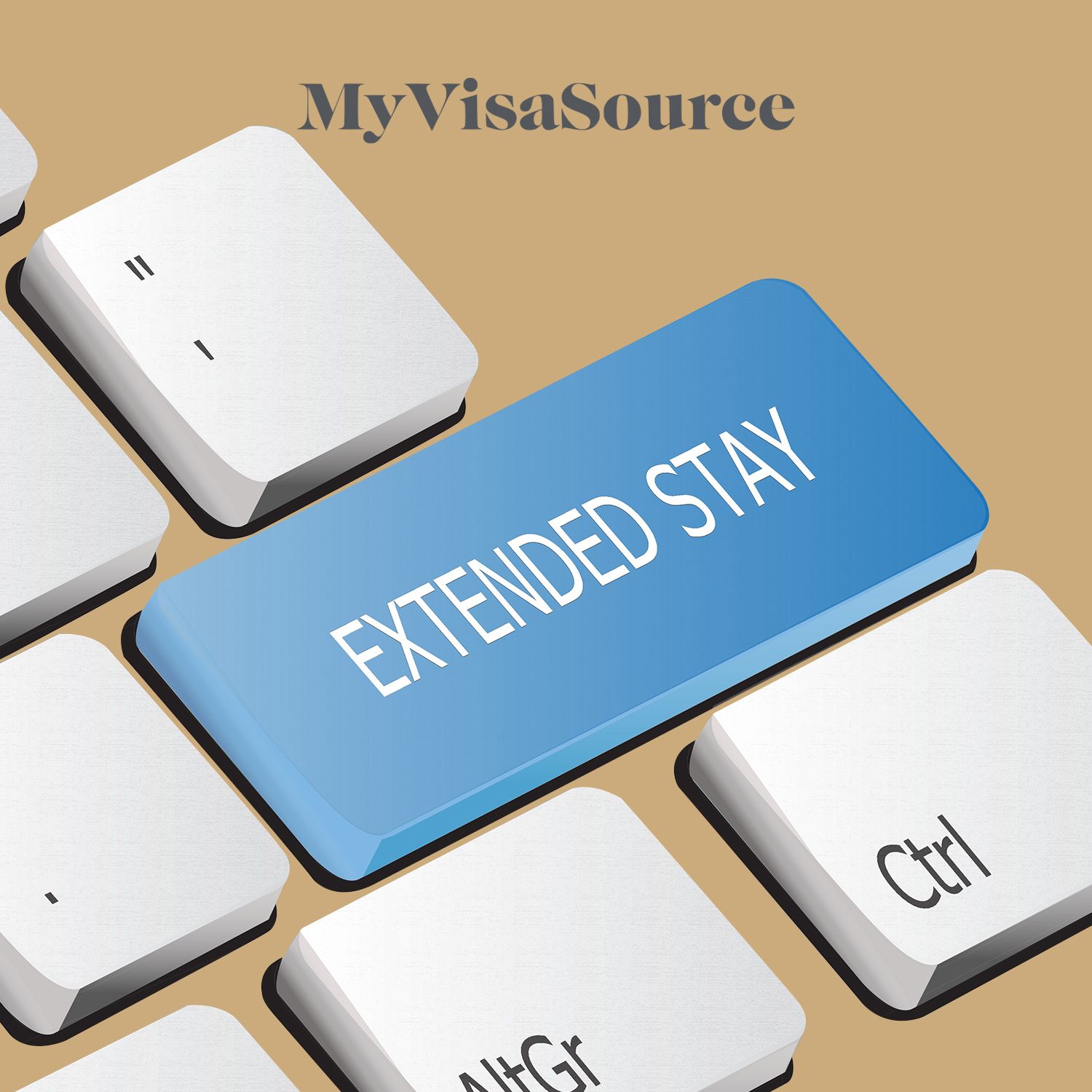International students who graduate from a Designated Learning Institution (DLI) from a study program that lasts longer than 8 months are eligible to apply for a Post-Graduation Work Permit (PGWP). A PGWP is an open work permit that allows international graduates to be employed anywhere in Canada by any employer.
Now, as a majority of international students prefer to remain in Canada after graduation to explore employment opportunities, many are curious about how they can stay in Canada permanently. Since a PGWP is a non-extendable work permit, it only allows a limited period of stay.
There are various pathways available for international graduates who want to extend their stay in Canada, permanently or temporarily.
How Can International Graduates Stay In Canada Once Their PGWP Expires?
You can apply for permanent residence. That is the most common and certain way to extend your stay in Canada permanently. Applying for permanent residence once your PGWP expires also allows you to apply for a Bridging Open Work Permit (BOWP). A BOWP is also an open work permit for permanent residence applicants to allow them to continue working while waiting for a decision on their permanent residence applications. The following immigration two pathways are available for international graduates:
Two PR Pathways for French-speaking and non-French-speaking international graduates
Express Entry:
The Express Entry system manages applications to 3 federal economic immigration programs:
- Federal Skilled Worker Program (FSWP)
- Federal Skilled Trades Program (FSTP)
- Canadian Experience Class (CEC)
As an international graduate, you can meet the eligibility requirements for any of the above-mentioned programs to enter the Express Entry system. Since you probably have experience working in Canada, your best bet is to apply for the Canadian Experience Class (CEC). CEC applicants require at least 1 year of Canadian work experience in an occupation classified as National Occupational Classification (NOC) code Skill Level 0, A, or B.
You can create your profile in the Express Entry system and submit personal information regarding your age, language proficiency, education level, and work experience. Your profile will receive a Comprehensive Ranking System (CRS) score based on these factors. The highest-ranking candidates receive an Invitation to Apply (ITA) for permanent residence.
Provincial Nominee Program (PNP):
Out of the 13 Canadian provinces and territories, 11 have their PNPs to nominate candidates with skills and experience relevant to their local labor market needs. Currently, only Quebec and Nunavut do not have a PNP. There are 2 types of PNP streams: Base PNP streams operated by the provincial government and Enhanced PNP streams, aligned with the Express Entry system.
PNPs allow you to apply for provincial nomination directly to the province. Once you receive a provincial nomination, you are eligible to apply for permanent residence to the Immigration, Refugees and Citizenship Canada (IRCC). Many PNPs offer immigration pathways for semi-skilled and unskilled workers to accommodate a wider range of candidates compared to the Express Entry system. Different PNPs will have their eligibility criteria, therefore, research accordingly to select the best suited PNP.


















